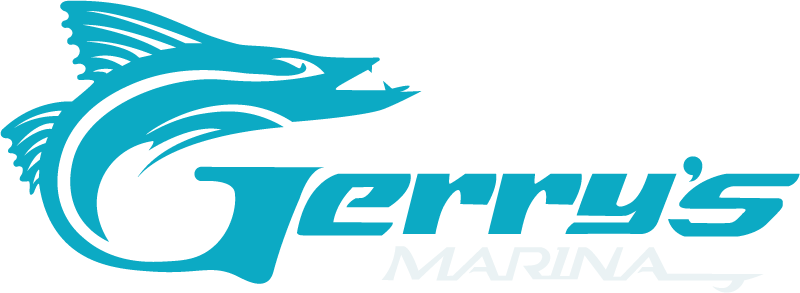Any law enforcement officer may stop a vessel at any time to check for boating safety equipment compliance, so besides the fact that the required equipment is imperative for the safe operation of a boat, you want to adhere to all regulations to stay out of trouble…
All vessels are required to have a personal flotation device (PFD) for each person. Vessels 16 feet or longer must also carry an approved throwable PFD, as well as at least three approved visual distress signals – such as flairs. The use of sirens, flashing lights or revolving lights is prohibited by law. Vessels with built-in fuel tanks must have a fire extinguisher on board. All vessels are required to carry a sound producing device such as a whistle. Recreational vessels must display navigation lights between sunset and sunrise and during periods of reduced visibility (ie: fog and heavy rain).
There are a few more rules, boaters need to follow. Boaters are responsible for operating their vessel in a reasonable and prudent manner. Of course it is against the law to operate a vessel while impaired by alcohol or drugs. Anyone born on or after January 1, 1988 who operates a vessel with 10 or more horse power is required by law to pass an approved boater safety course. All motorized vessels 16 feet and over must be registered. Except in an emergency, it is unlawful to moor to a marker or buoy or to anchor in a manner that interferes with the navigation of other vessels – like in a channel. In a no wake zone, you cannot operate your vessel at a speed faster that what allows you to maintain headway and steerage. Boaters should avoid running through sea grass beds, as they are the principle food source for endangered aquatic life such as manatees and green sea turtles. By law, boaters must also observe manatee protection zone requirements.


